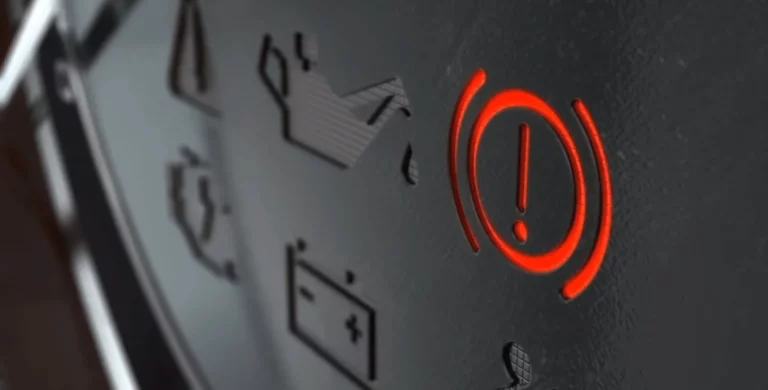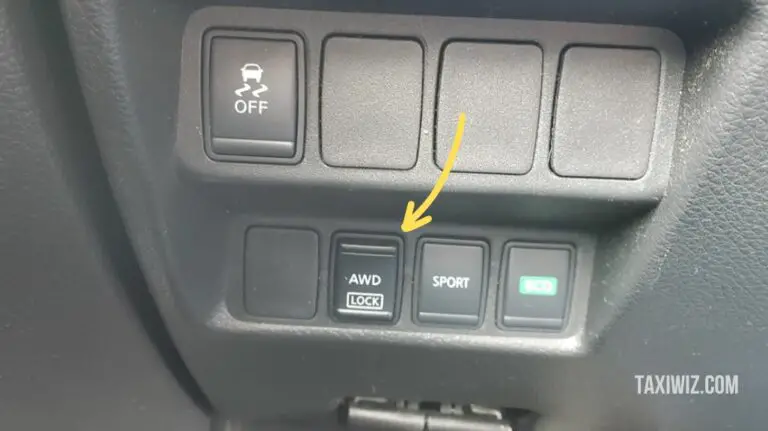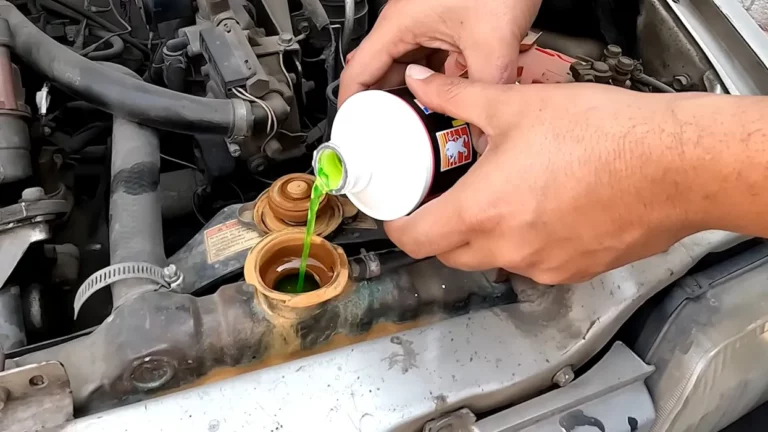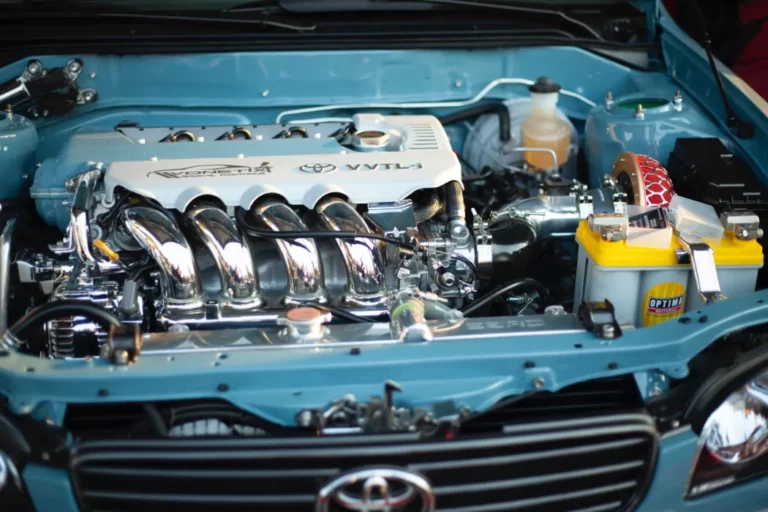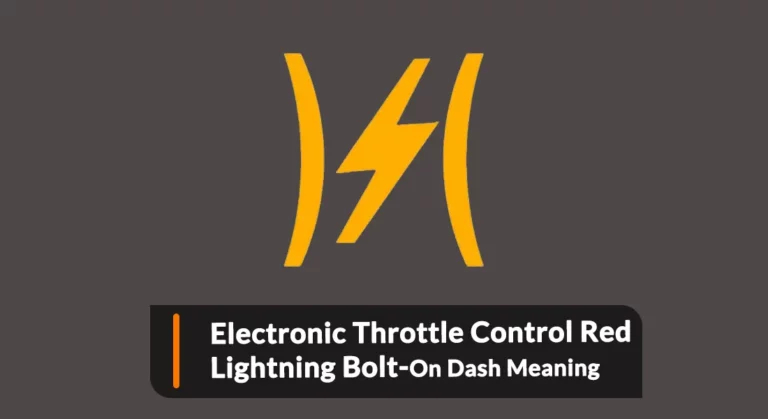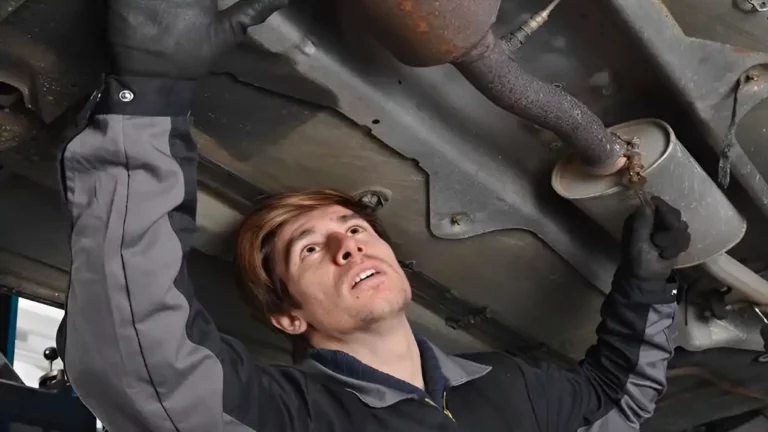Why Is My Radiator Smoking? 6 Best Ways To Fix
Radiators in vehicles transfer heat for the purpose of cooling internal burning engines. But what if this part suddenly generates smoke? You be like: why is my radiator smoking?
Usually, when the vehicle gets overheated, or radiator caps become faulty, smoke appears. If not, then the radiator may generate white engine smoke from burned-out radiator fluid. Such smoke resembles steam and is also produced if the radiator hose bursts and splashes coolant over overheated engines.
While having issues with the radiator, ensure you analyze the problem and attempt to troubleshoot it. And this article has been made to offer a proper guideline to tell you what to do to fix such issues.
6 Most Common Causes Why Is My Radiator Smoking
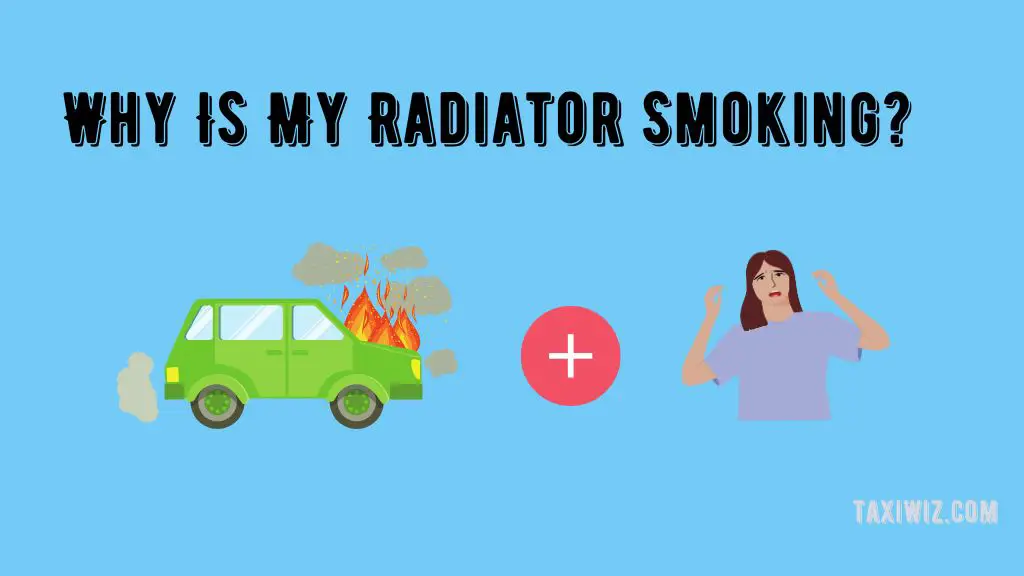
Suppose you’ve got a Honda Civic where white smoke comes from the vehicle. But is smoke coming out of the radiator cap normal?
Yes, a little white smoke is normal, but if it remains and won’t clear, the radiator is done! What we mean is a radiator issue!
In general, overheating causes smoke to escape from the car engines. But some other reasons can trigger the radiator to be troublesome, which generates white smoke. But how do I know if my radiator is bad? Below we’ve mentioned all the possible causes of radiator smoking.
1. Faults In Radiator
In general, a damaged car radiator can be identified by things like:
- Coolant leaks
- Low coolant levels
- Rising temperatures
- White smoke
The first culprit behind smokes in the car is wear and tear, which makes holes or cracks. Such problems cause the radiator leak to develop smoke. The radiator can be damaged by a bad jolt on the road and eventually cause smoke.
2. A Dirty Coolant Or Radiator
Another cause of smoking is a dirty or unclean radiator. We noticed rust or corrosion could accumulate over time and reduce performance. Basically, debris can become clogged and obstruct the path of coolant.
However, such clogged or dirty radiators may cause issues such as:
- Fluid discoloration
- Damaged fins
- Coolant leaks
3. Defective Radiator Cap
When you notice a lot of white smoke from the radiator or under the hood. Plus, you can discover water pounding on the ground beneath the vehicle. Well, such circumstances indicate a faulty radiator cap that fails and releases smoke under pressure.
4. Faulty Water Pumps
The vehicle radiator receives fluid circulated throughout the engine by the water pump. But if it fails, the smoke comes in due to the lack of coolant circulation, plus the car becomes overheated.
Over time, we observed the pulley and bearings become weak and the water flow rate reduced. Additionally, the damaged timing belt and cracked impeller blades are two other things to blame for the radiator water pump trouble.
5. Low Coolant Level
The low coolant level is another big problem in the car. When the coolant level is low, the vehicle becomes overheated. Also, smoke may start to come out of the radiator due to inappropriate liquid levels and coolant leaks.
Bear in mind that even a small leakage can contaminate engine oil. Commonly, frequent smokes are visible, and the sweet smell won’t leave the car. And ultimately, continuous use with a low coolant level may damage the entire engine compartment or pistons welding onto the cylinder.
6. Air In Cooling System
The coolant operates because of the air that acts like an insulator. This air condenses into chambers that obstruct the liquid’s flow, making the engine overheat and develop smoke.
How To Fix A Smoking Radiator: 10 Tips To Follow
Smoking and steaming under the hood is such a painful situation for the driver. Usually, what we do is pull it over, turn off the AC and engine, then let the engine cool and check the coolant level. But based on various radiator issues, we have plenty of solutions for you!
- Fix Damaged Coolant: If the problem is damaged or dirty coolant, you must flush before adding new coolant every 20,000 to 30,000 miles.
- Remove Radiator Cap: A problem with the radiator cap indicates the hot coolant may burst and injure. Therefore, remove the radiator cap when the engine is cool.
- Fix The Rad Leakage: Radiator leakage is an issue that can be fixed by replacing the damaged thermostat.
- Appropriate Coolant Level: Check the coolant level frequently to be sure it’s at an ideal level.
- Fix The Water Pump: Keep the water pump in good working condition as it helps circulate water between the radiator and engines to regulate temperature.
- Ensure Secure Cooling: No air should enter into the cooling system. However, the given actions will ensure a secured cooling system:
- Enable the engine to cool
- Refill the reservoir with new coolant
- Run the car for a few minutes
- And set the interior heating at the max level.
- Peppercorns Can Resolve Radiator Failure: If the radiator fails to work and start smoking, peppercorns can be used to solve the smoke problem due to radiators. Simply, Let the pepper to move through the cooling system by turning on the engine and letting the vehicle warm up.
Bonus Tip: The best course of action would be to consult an expert mechanic to diagnose the cooling system.
Frequently Asked Questions (FAQs)
After having a good discussion, the user’s mind may create some queries regarding radiator smoke. So, we include some frequently asked questions for you. [starter texts]
Can I Drive With A Smoking Radiator?
If the smoke level is excessive, it’s not safe to drive the car, particularly when it’s overheating. Because radiator damage can lead to engine failure. However, even if you drive with a faulty radiator, ensure you don’t drive for more than one or two weeks.
What Does Radiator Smoke Smell Like?
Radiator smoke smells like a sweet smell or similar to maple syrup or butterscotch.
Why Is White Smoke Coming From My Car Radiator?
When coolant leaks, burns, or discharges via the exhaust system, white smoke releases from the tailpipe.
Why Is My Radiator Smoking After Going Through Water?
The water showering on the heated exhaust system causes smoke to appear. Any water will vaporize and produce a visible cloud of water vapor where the pipes or parts become overheated.
Final Words
We uncovered the most common reasons behind radiator failure that makes the smokes arrive. Specifically, dirty or damaged radiators, faulty caps, fans, pumps, coolant levels, and inside air are the major reasons for white smoke in cars. And remember, white smoke means radiator issues most of the time!
However, such issues should be handled immediately to ensure the car is in good condition. So, call a professional to fix the radiator smokes. Or, the given tips we added will be enough to resolve the car radiator smoking problem. And we hope you won’t have to face such difficulties in future.

